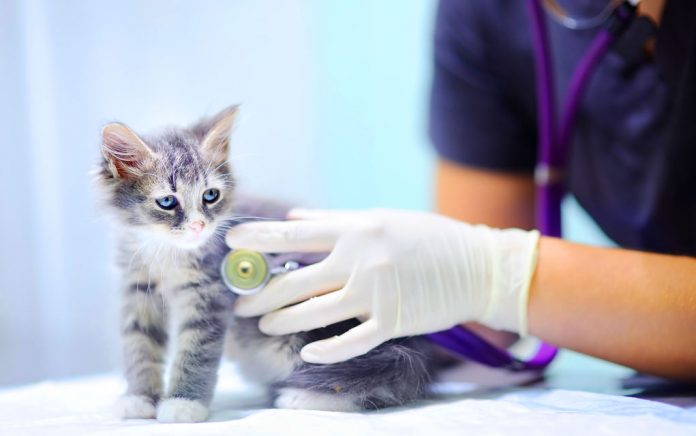
Love animals? Want to make a difference in the world? A career as a Veterinarian could be right for you. It will require patience with pets, zoo or farm animals, not to mention compassion for the humans who love them. Someone with a steady hand, a good heart, and a curious mind may find this type of medicine to be both emotionally rewarding and a great way to make a living.
Salary and Benefits
The median veterinarian salary across the U.S. falls around $88,770 per year. Even the lowest paying jobs in the field offer roughly $52,470 per year. Being a veterinarian is a worthwhile career if you are truly interested in working with animals.
You may need to be on-call during weekends and holidays. While you would get paid more, it does take time away from home life. Animals can get sick or hurt at any time, so having a vet on call ensures they can get taken care of during an emergency situation.
The benefits you receive depend heavily on the place you work. Not every clinic or zoo offers the same amount of vacation time and sick leave — if you open your own pratice, this will mostly rely on how you invest in yourself.
Educational Requirements for Veterinarians
Veterinarians require a Doctor of Veterinary Medicine (DVM). This degree can be earned at an accredited college of Veterinary Medicine once you complete an undergraduate education. You can apply once you have completed the required coursework, sometimes as soon as your third year of your undergraduate studies. About half of the prospective, qualified students applying to get into Vet school will be accepted.
Science classes are heavily required throughout this program. You must take Biology, Chemistry, Zoology, Animal Science, Anatomy, Physiology, Microbiology, and even Social Science. Other core curriculum classes such as math and humanities could be required as well.
Three years of schooling are comprised of classroom work, laboratory experiences, and clinical studies. The fourth year gets spent doing clinical rotations in animal hospitals, farms, zoos or other hands-on practices. After earning your doctorate, you also need to complete the North American Veterinary Licensing Examination and pass any additional state testing requirements.
A Look at the Future
The job outlook is bright for a potential veterinarian. The field is expected to grow by at least nine percent by the year 2024. Veterinary medicine is always advancing, requiring more and more vets to handle complete healthcare for animals.



















